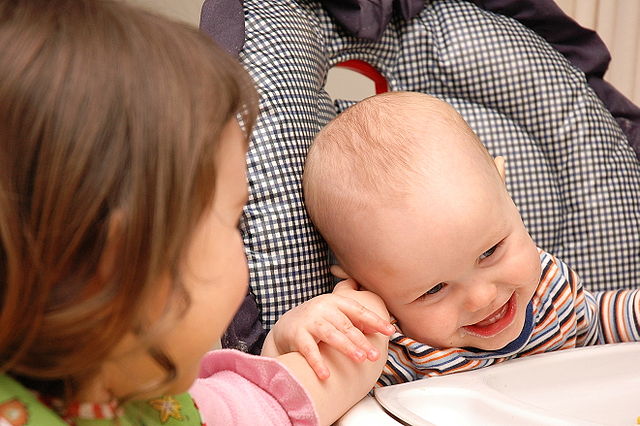10 Articles About The Neuroscience of Touch
/Touch is one of the most underused tools in medicine
Research into touch is coming out at an ever increasing rate, some of this research is changing the way we think about the physical and psychological effect of touch. Whether you are a therapists interested in the nervous system or you simply are looking for reading materials for continuing education credits, here is a list of ten open access articles about touch and the nervous system.
Read More






